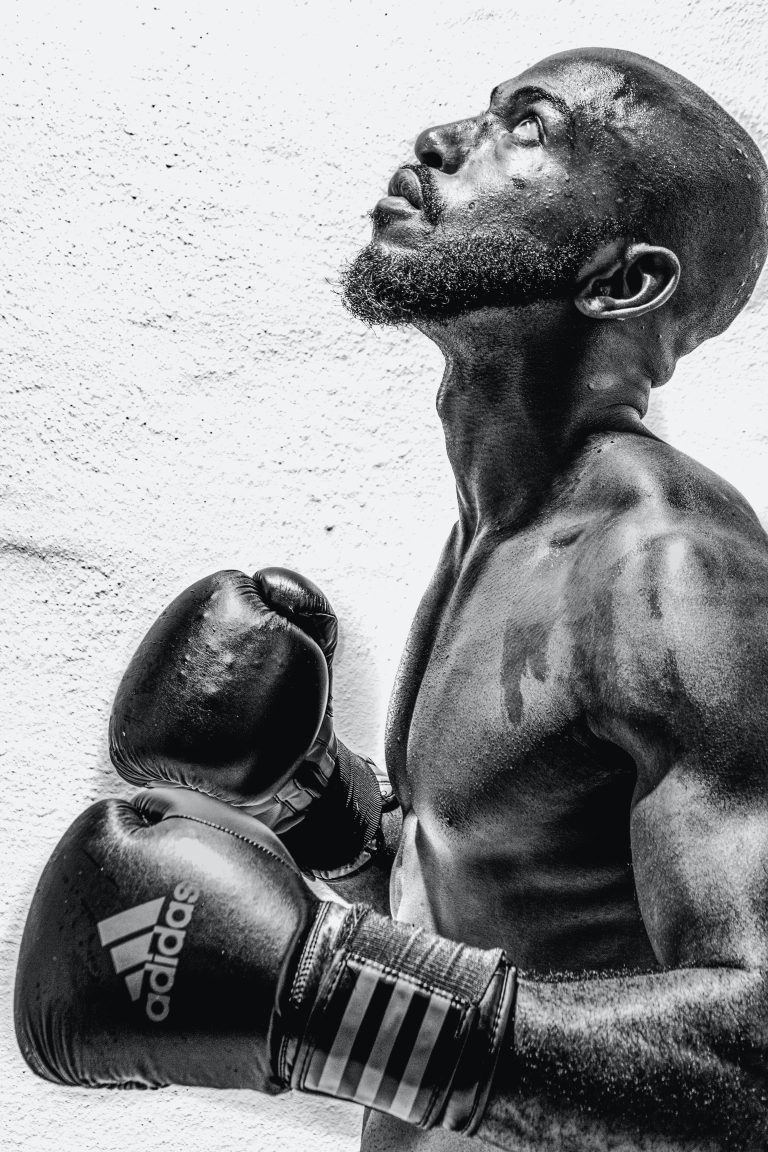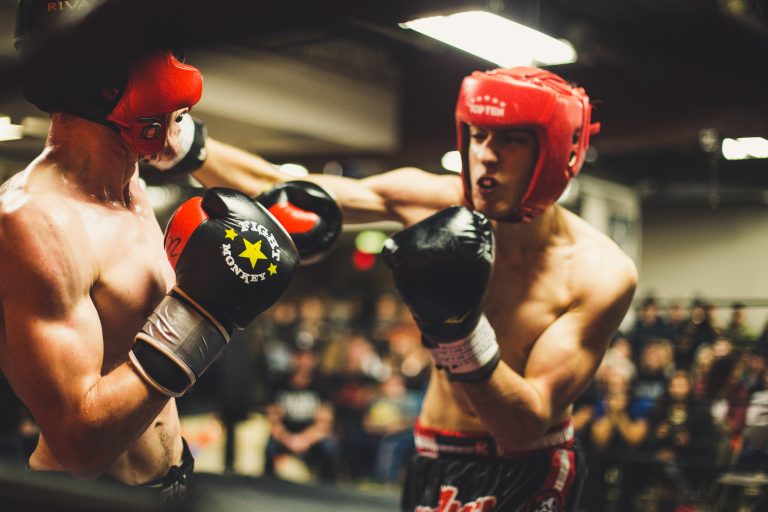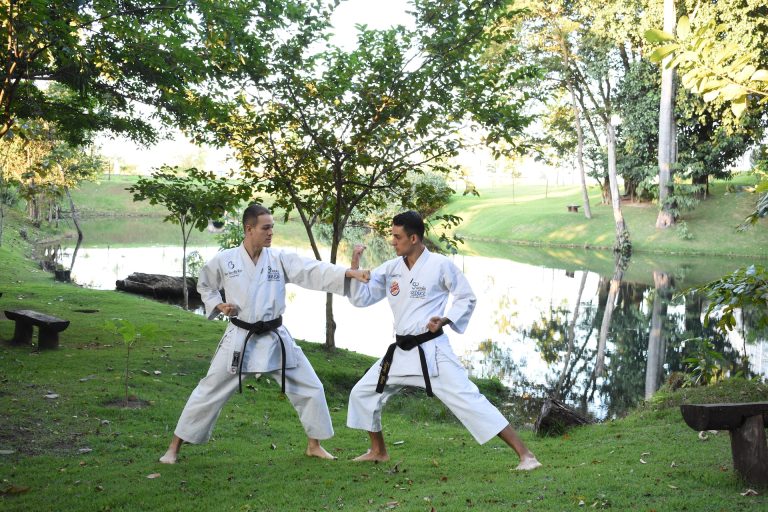Is Karate a Good Sport to Defend Yourself?
Karate is a popular martial art that originated in Japan in the early 20th century. The word “karate” means “empty hand,” which implies that the practitioner uses only their body to defend themselves without the use of weapons. Karate offers various benefits, including physical fitness, mental training, and self-defense skills. However, is karate an effective sport for self-defense? Let’s have a closer look.
Understanding the Fundamentals of Karate
Karate is based on striking techniques that involve punching, kicking, knee and elbow strikes, and open-hand techniques such as knife-hands and spear-hands. Apart from strikes, karate also includes grappling, joint-locking, and throwing techniques. Practitioners of karate learn to use their body’s natural weapons to generate power and speed in their techniques. They also learn to block and evade attacks to minimize injury to themselves.
Self-Defense Application of Karate
Karate is an excellent martial art for defending yourself. It teaches you how to respond to attacks, how to keep a distance from attackers, and how to disable attackers efficiently. However, karate’s effectiveness as a self-defense depends on various factors, such as the specific techniques taught, your level of training, and your physical condition.
In a self-defense situation, you should aim to minimize the amount of time and contact you have with your attacker. Karate’s focus on striking techniques makes it an effective martial art for quick defense. A well-trained karate practitioner can deliver powerful blows to vulnerable areas, such as the throat, eyes, and groin, that can immobilize an attacker quickly.
Additionally, karate emphasizes the importance of situational awareness, which means paying attention to your surroundings and identifying potential threats. This awareness can help you avoid dangerous situations altogether or prepare you to respond quickly and effectively if you find yourself in a threatening situation.
Limitations of Karate for Self-Defense
While karate has proven to be an effective self-defense tool, it also has its limitations. One of the most significant limitations of karate is that it takes time and consistent practice to master its techniques. While training in karate can help you defend yourself, it’s not a quick fix solution. You must commit to regular training and practice to develop the skills needed to use karate effectively.
Another limitation of karate is that it’s most effective against a single attacker. If you’re facing multiple attackers or attackers armed with weapons, the effectiveness of karate can be greatly reduced. In such situations, evasion and retreat may be a better strategy.
The Bottom Line
Karate is a good sport to defend yourself when faced with an attacker reasonably. It teaches practitioners how to respond to sudden attacks quickly and how to keep a safe distance from attackers. However, like any other martial art or self-defense system, it has its limitations. The effectiveness of karate for self-defense depends on a variety of factors, including the specific techniques used, your level of training, and your physical and mental state during the attack. So, before you embark on learning karate, set realistic expectations and understand the limitations of the art as well.
Is Karate a Good Sport to Defend Yourself? FAQs Answered
Karate is one of the oldest and most popular martial arts in the world. It originated in Okinawa, Japan, and is now practiced all over the world. Karate is not just a sport, but it is also an effective way to defend oneself in case of an attack. However, some people are skeptical if karate can actually help defend oneself. Here are some frequently asked questions and answers about karate as a form of self-defense.
1. Will learning karate guarantee my safety?
Learning karate can significantly enhance your confidence and self-defense skills, but it does not guarantee your safety. Karate is a martial art that teaches you different techniques to defend yourself in case of an attack, but it is up to you to use them in dangerous situations. Moreover, karate training includes physical and mental conditioning that can help you stay calm and focused during an attack.
2. How long does it take to become proficient in karate?
Becoming proficient in karate takes time and patience. It is important to remember that mastery of karate is a lifelong pursuit. However, with regular practice and commitment, it is possible to become proficient in karate within a few years. The time it takes to become proficient in karate depends on individual factors such as age, physical ability, and training frequency.
3. Is karate effective against attackers who are bigger and stronger?
Yes, karate is an effective self-defense tool against an attacker who is bigger and stronger. The practice of karate emphasizes the use of technique and strategy rather than brute strength. Karate techniques aim at targeting an attacker’s vulnerable areas such as eyes, throat, and groin, which can help even the odds against a bigger and stronger opponent.
4. Can karate cause injuries while practicing or using it as self-defense?
Karate is a contact sport, and injuries can occur during practice or self-defense situations. However, injuries can be minimized by following proper safety measures and wearing protective gear. It is recommended to learn karate from a qualified instructor who emphasizes safety and injury prevention during training.
5. Is karate for everyone, regardless of age and physical ability?
Yes, karate is suitable for all age groups and physical abilities. It is a martial art that can be modified to suit individual needs and capabilities. Moreover, karate training can also improve cardiovascular health, balance, and coordination, which can benefit people of all ages and physical abilities.
6. Can karate be used in real-life self-defense situations?
Yes, karate can be used in real-life self-defense situations if practiced and executed correctly. Karate teaches students various self-defense techniques that can be applied in different situations. However, it is important to remember that self-defense is a last resort, and should only be used in situations where all other options have failed.
7. Should I learn karate if I want to defend myself?
Learning karate can significantly improve your confidence and self-defense skills in case of an attack. However, it is important to remember that karate alone cannot guarantee safety. It is recommended to learn karate from a qualified instructor who emphasizes safety and injury prevention during training. Moreover, it is important to practice situational awareness and avoid dangerous situations to stay safe.
In conclusion, karate can be an effective self-defense tool if practiced and executed correctly. Learning karate can significantly enhance your confidence and self-defense skills, but it is up to you to use them in dangerous situations. By following proper safety measures and learning from a qualified instructor, karate can help you stay safe and confident in different situations.
Inhaltsverzeichnis





